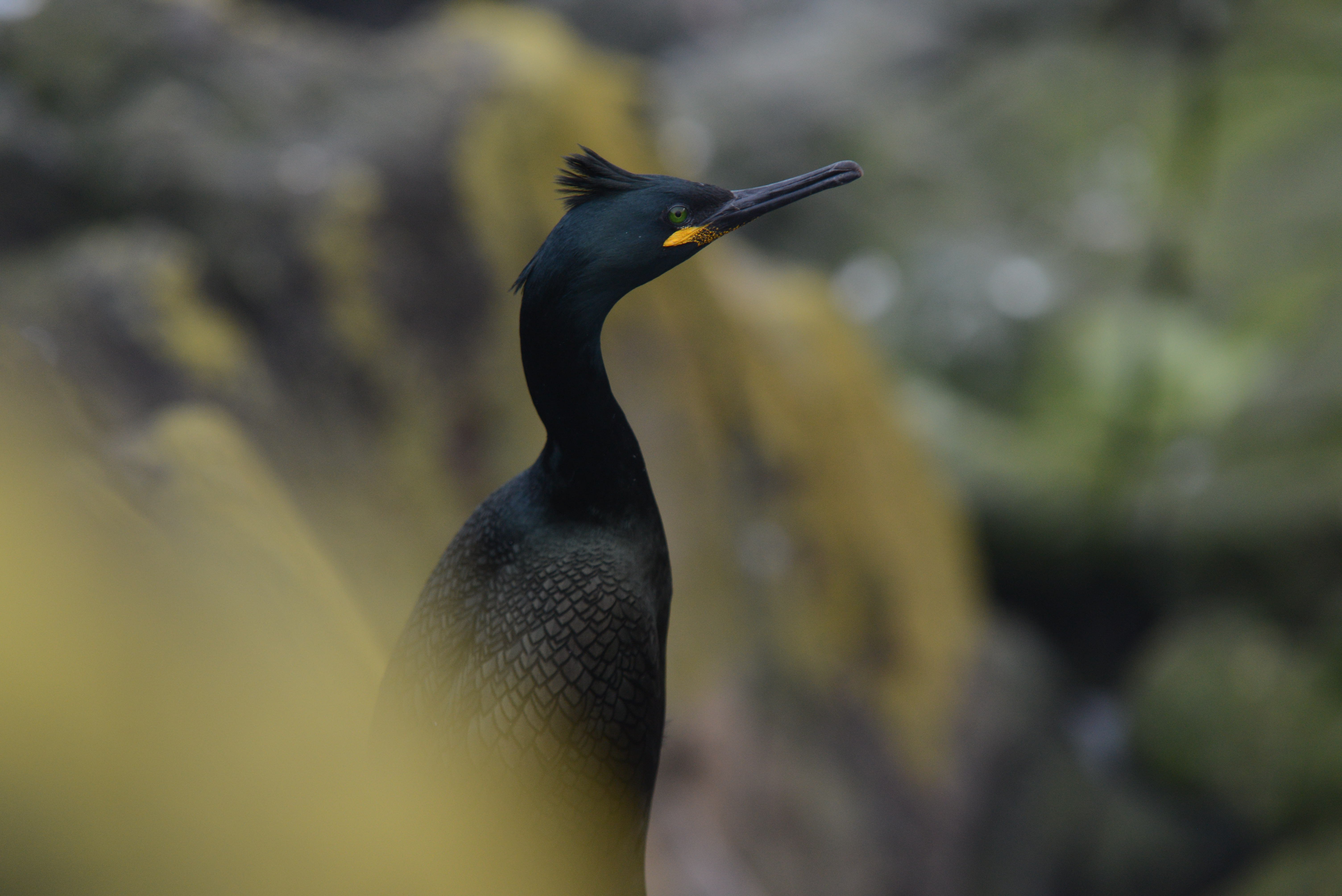
Parasites make it harder for seabirds to fly and raise young
A team of experts has investigated the impacts of parasites on wild seabirds and found that the parasitic organisms have a negative influence on their host’s ability to fly. The study, led by the University of Liverpool and the Centre for Ecology & Hydrology (CEH), suggests that the effects of the parasites also make it harder for the birds to raise chicks.
The research was focused on a population of European shags on the Isle of May National Nature Reserve in Scotland. The team set out to analyze the number of parasites affecting individual birds along with their energy levels and behavior, which has never been done in a wild population
“This is the first study to measure the impact of parasites on individual birds in this way,” said lead author Olivia Hicks. “We found that the more parasites a female bird had, the more this affected their ability to fly when feeding.”
Using an endoscope, the researchers counted the number of worms present in the stomachs of the seabirds. They also tagged the birds with small electronic devices to record the movement and energy levels of the birds.
After calculating the total energy used each day, the experts determined how much of that energy was used for flying, diving, or for resting.
The researchers were able to establish that the parasites did not affect the total amount of energy used per day. However, females with higher numbers of parasites required more energy for their flights and spent less time flying each day as a result.
“This is important as seabirds catch fish at sea in order to feed themselves and their chicks,” explained Hicks. “These trips are costly but essential to raise young. If the costs and duration of the flight while feeding are affected, this may reduce their ability to raise young which could have implications for the population.”
“It is extremely unusual and challenging to be able to measure both parasites and energetic expenditure in wild animals, so this is a very exciting development,” said study co-author Sarah Burthe.
“We already know from previous work that parasites can negatively affect the ability of parents to successfully raise chicks. The really interesting thing about this current work is that it shows the mechanism by which parasites affect the host.”
The research is published in the journal Proceedings of the Royal Society B.
—
By Chrissy Sexton, Earth.com Staff Writer
Image Credit: Joe Turner













